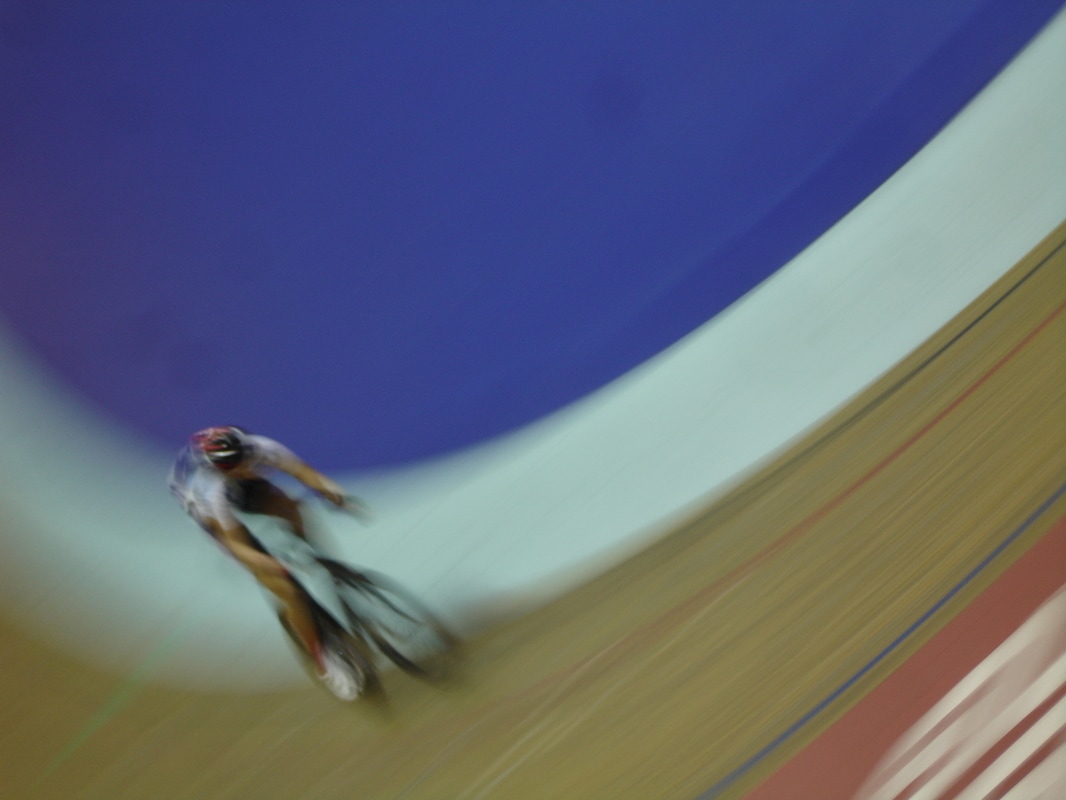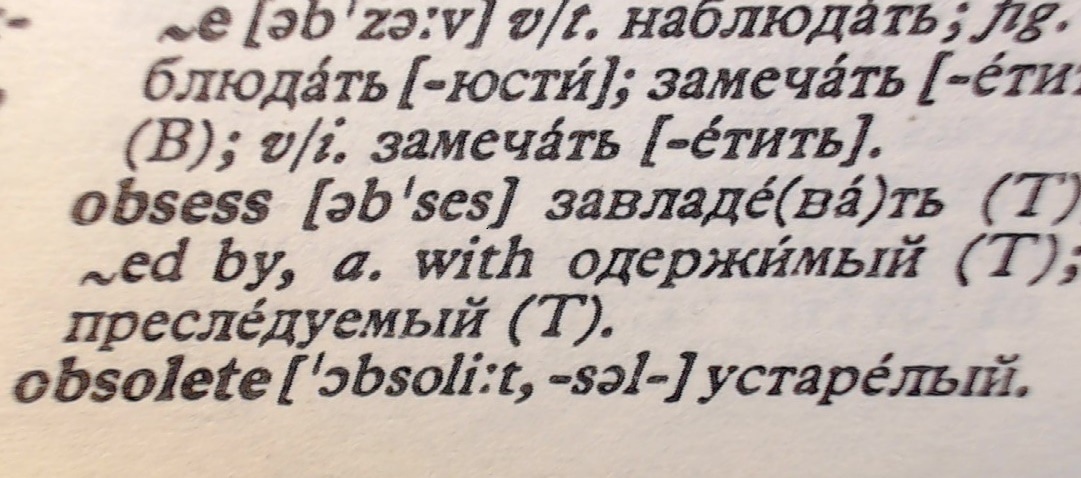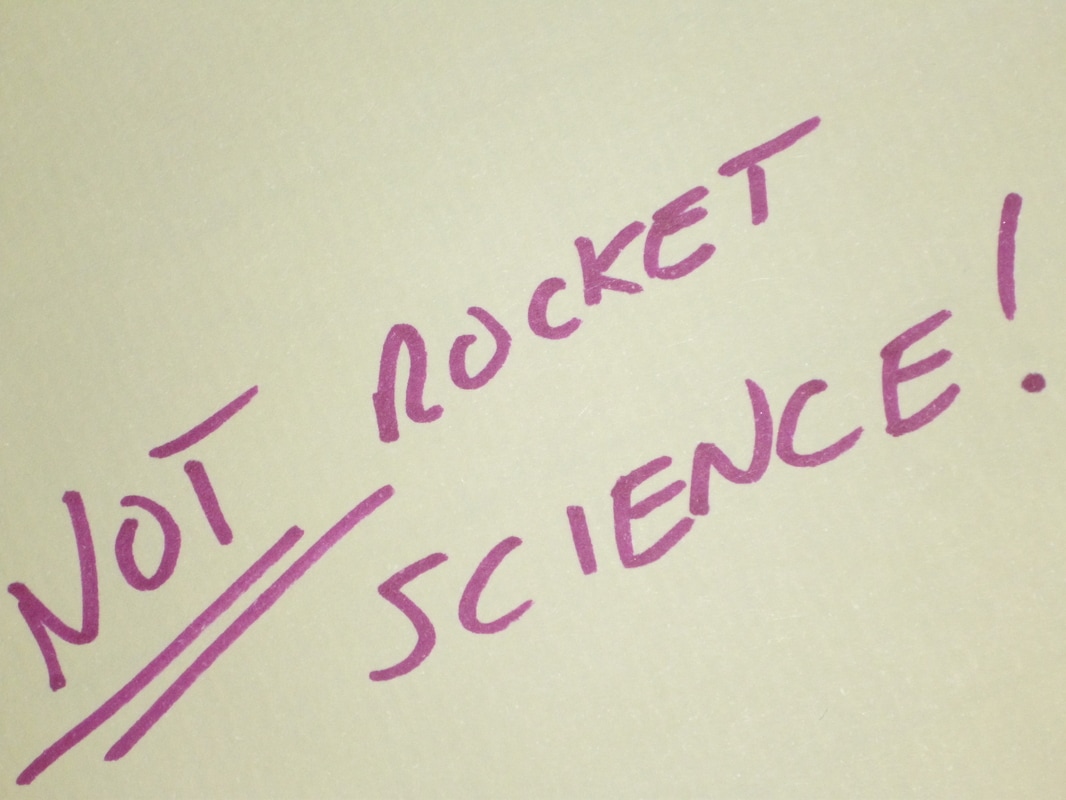The Thursday Thesis - 23/02/2017
“I want to play just like Clapton...” As a teacher, I often hear comments like that from new students - after all, it’s only natural that we develop a certain admiration for people who can do what we want to do. But there’s often a toxic undercurrent – competition. For some people, playing a musical instrument is a competitive sport. Sometimes you’ll hear it bare-nakedly expressed, sometimes it sidles into the teaching room on the blind-side of a Tuesday afternoon. But when it’s there, competition can blind even the smartest player to the beauty of their journey of discovery, the breathtaking moments and pleasures along the path. In the desperate sprint to prove themselves “worthy” against the illusions which surround their heroes, players overlook what I think to be a vital point: human beings and creative endeavours are not commodities, so there can be no competition between those two things. That means there is no competition for being You. You can’t out Clapton your role-model, because there’s only one chair marked “E.C.”, and Eric is sitting in it. Your real competition is the player you were yesterday. Your duty to yourself is to improve the player you are today, and become the player you want to be tomorrow. Just like we tell our lovers that we love them “more than yesterday, but less than tomorrow”, so should our love-affair with music deepen. Yesterday I was an outstanding teacher, today I’ll be a little better, so that tomorrow I can build on that. Life itself could – no, must – be more than yesterday, less than tomorrow. To be less than yesterday is to fade away... © Neil Cowmeadow 2017 Please Like and Share The Thursday Thesis with your friends, family, your cat and anyone else. I’d love to hear your comments, along with any ideas you’d care to hurl at me.
1 Comment
The Thursday Thesis - 16/2/2017
“A Defence of Focus and Unreasonable Interest” She told me I was obsessed as though it was a bad thing: that’s when I knew it was over. This beautiful woman had missed the point, but it was hardly surprising. You see, Obsession gets a bad press. For decades, Obsession has been demonised in the media and turned into a disorder by doctors. The negative spin on Obsession is overt and pervasive. For example, the Merriam-Webster Dictionary defines an obsession as “a persistent disturbing preoccupation with an often unreasonable idea or feeling; broadly: compelling motivation”. Disturbing? Unreasonable? Nope – my vote goes to the last two words. Though they look like a footnote, the words “compelling motivation” seem to be the real definition of an obsession: the object of an obsession is so irresistibly interesting, so fascinating, that it displaces almost everything else. Now, it seems to me that the ability to sharpens one’s focus to such an extent is a very positive skill for anyone to have. Think about it like this: a magnifying glass can concentrate the sun’s power into a tiny spot and produce very high temperatures, whereas the same sunlight – unfocused – might raise the temperature of a larger area by a couple of degrees. Likewise, a nail focuses the energy of a swinging hammerhead into a tiny point - penetrating the hardest timber, where the hammer would produce a slight dent. Throughout history, great achievers have been obsessive about their callings, interests, or ambitions. Shouldn’t we celebrate obsession, rather than revile it? They call him “Alexander The Great”, not “Alexander the Work-Life Balanced” – the clue is in the name, isn’t it? Could you imagine Churchill taking time off during The Blitz to find his “Work-Life Balance”? Don’t make me laugh. As we are so often encouraged not to be unreasonable or extreme, so often urged to “find Balance” in our lives, I believe that we are being lulled into the greyness of conforming to a bland normality. In the ideal beige world of the Balanced and Normal people everything is average, and the acceptable normal will be enforced by the thought-police and the quackery of the psychiatric profession. Obsession makes me think of a life lived more ferociously, more vividly and more passionately than an average and normal life. It’s like your favourite song, cranked to full volume and set to repeat: it never gets tired, and you keep on dancing. That’s Obsession. I encourage you, right now, to get obsessive: to be unreasonably interested, to become preoccupied with what fascinates you, and to give the beige eternity of “Balance” The Finger. “Balance” is what you have when you are becalmed, stupefied or tranquilised. “Balance” can go screw itself – give me a magnificent Obsession any day of the week. © Neil Cowmeadow 2017 Please Like and Share The Thursday Thesis with your friends, family, your cat and anyone else. I’d love to hear your comments, along with any ideas you’d care to hurl at me. [email protected]
The Thursday Thesis - 9/2/2017
“London’s Best Address for Success” When Billy Joel sang about his New York State of Mind you could almost hear the honking yellow cabs, smell the hot dogs and pretzel stands... Much as I love New York and its people, I prefer a Chelsea State of Mind – which I was introduced to by self-help bestseller, my friend Peter Thomson. “Chelsea Mindset?” I’m glad you asked. London’s Chelsea district has the postcode SW3, and Peter asserts that it is a vital element to help you retain a positive mindset in the face of criticism, trolls, or people who “just don’t get it”. You see, Peter told me that when you put your own “take” on things out there, not everybody will love what you do or how you write, sing, dance or whatever you do: as Peter put it “Some Will, Some Won’t: So What?” When you do your thing, your own way, some people will “get it” and enjoy it – they are your tribe. There will be critics, trolls and naysayers, whatever you do – these folk are not your tribe. Love you or hate you, it’s all the same - the Important thing is to get your voice heard and not be silenced by the fear of criticism. Always expect both criticism and praise, because not everybody will be ready to hear your song, weep over your poem, read your book or watch your film. Some Will, Some Won’t: So What? If you don’t let your work out into the world it will die on your hard drive, unsung, unread, unloved; and you will have starved your own tribe of the juice of your creation. Some Will, Some Won’t: So What? That’s a powerful state of mind. That’s SW3. You can see what Peter does at: www.peterthomson.com/ © Neil Cowmeadow 2017 Please Like and Share The Thursday Thesis with your friends, family, your cat and anyone else. I’d love to hear your comments, along with any ideas you’d care to hurl at me. [email protected]
The Thursday Thesis - 2/2/2017
“C x A x T = ?” What’s the simple, yet powerful, rule that operates below the level of most people’s awareness? What really explains why some people are successful and other people fail, even though their skills, intelligence and backgrounds are much the same? It’s not luck that makes the difference – it’s choice. Our lives are little more than the aggregation and interplay of the choices we make today, acting upon the results of the choices we made yesterday, which – in turn – act upon the results of all the yesterdays that went before. There’s a simple equation that puts it like this: Choice x Action x Time = Results Notice that everything on the left of the equation multiplies everything else on the left of the equation? This means that if any of the elements is a zero, the result will ALWAYS be nothing, zero, nada, zilch. No choices made, or no actions take, or no time allowed, will always produce nothing. If the choice made is a negative one, the result of performing that negative action will be multiplied over time to vastly amplify the negative effect of the choice. Naturally, a better choice, followed by massive action, and sustained over a long time will produce far superior results than will a so-so choice followed by small actions sustained over a short time. Doesn’t that seem obvious? I didn’t learn this in school, college or university and none of my friends were taught this, either. The results are like a wedge when plotted on a graph: small initial results slowly begin to grow over time, accumulating into bigger and bigger total results. The longer we can make the wedge, the higher the “ramp” rises, but everything begins with the first decision, the first action, and a little time. Our futures depend on the choices we make, today and every day, multiplied by the actions we back those decisions up with, multiplied by the length of time we perform those actions. Time is the greatest factor. Time is the reason that a stream can carve a canyon into solid rock – given enough time. Small actions, performed daily, over a lifetime can be the difference between a life of happiness and fulfilment and a life of quiet desperation. You choose. © Neil Cowmeadow 2017 Please Like and Share The Thursday Thesis with your friends, family, your cat and anyone else. I’d love to hear your comments, along with any ideas you’d care to hurl at me. [email protected] |
Share it with your friends
It's Like This...The Thursday Thesis shares ideas which I think are worth spreading. Archives
May 2022
Categories
All
All content on these pages is the intellectual property of the author, unless otherwise stated, and may not be used in any form or reproduced under any circumstances without the authors permission.
|




 RSS Feed
RSS Feed